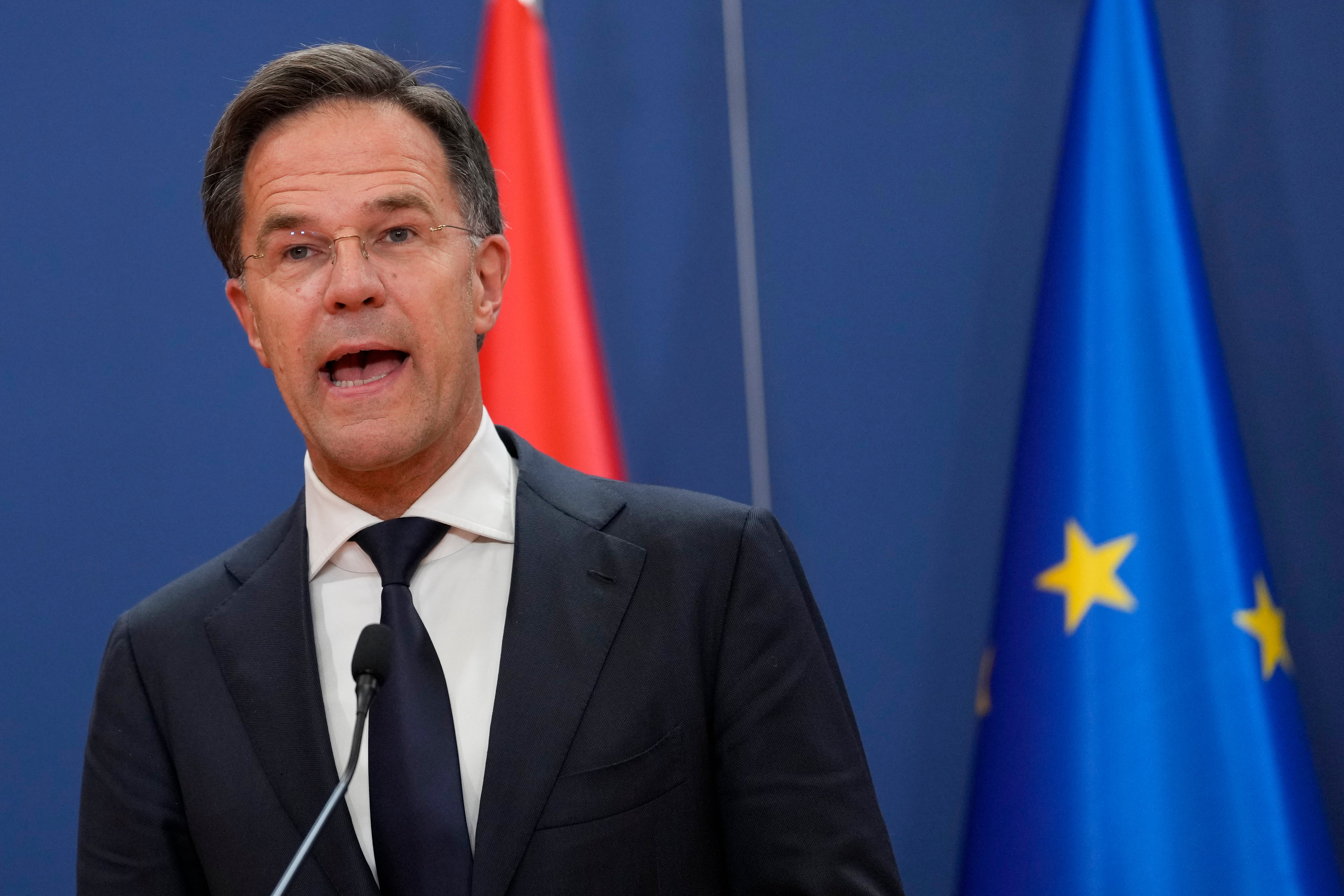Dutch government collapses over ‘impossible to bridge’ differences on migration policy
Prime minister Mark Rutte said he would hand his resignation to King Willem-Alexander on Saturday
The Dutch government has collapsed after failing to reach a conclusion on controlling high immigration rates.
The four-party coalition government was unable to reach a consensus on talks about asylum policies that were led by prime minister Mark Rutte on Friday.
Mr Rutte held an emergency cabinet meeting where he said he would hand in his resignation to King Willem-Alexander on Saturday.
“The decision was very difficult for us”, Mr Rutte told reporters after announcing his cabinet’s resignation. The differences in views between the coalition partners were “irreconcilable”, he said.
“All parties went to great lengths to find a solution, but the differences on migration are unfortunately impossible to bridge.”
“The four parties decided that they cannot reach an agreement on migration,” said Tim Kuijsten, a spokesperson for the Christian Union party that was in coalition with Mr Rutte’s conservative VVD party.
“Therefore they decided to end this government.”
Mr Rutte’s party has in the past year been working towards reducing the flow of asylum seekers due to the issue of overcrowded migration centres in the Netherlands.

Last year, hundreds of asylum seekers were forced to sleep outdoors in squalid conditions near an overcrowded reception centre as the number of people arriving in the Netherlands outstripped the available beds.
Just over 21,500 people from outside Europe sought asylum in the Netherlands in 2022, according to the country’s statistics office. Thousands more moved to the Netherlands to work and study.
The numbers have put a strain on housing that already was in short supply in the densely populated country.
The coalition tried for months to hash out a deal to reduce the flow of new migrants arriving in the country of nearly 18 million people.
The proposals on hand included creating two classes of asylum and reducing the number of family members allowed to join asylum seekers
The two asylum classes were a temporary one for people fleeing conflicts and a permanent one for people trying to escape persecution.
Mr Rutte’s coalition government had been in power for a year and a half. He has been Netherlands’s longest-serving prime minister and has been in office since 2010.
Until a new government is elected, the current ministers will continue their work as a caretaker cabinet.
Elections in the Netherlands will now reportedly take place in November this year.
Additional reporting by agencies
Join our commenting forum
Join thought-provoking conversations, follow other Independent readers and see their replies
Comments


Bookmark popover
Removed from bookmarks